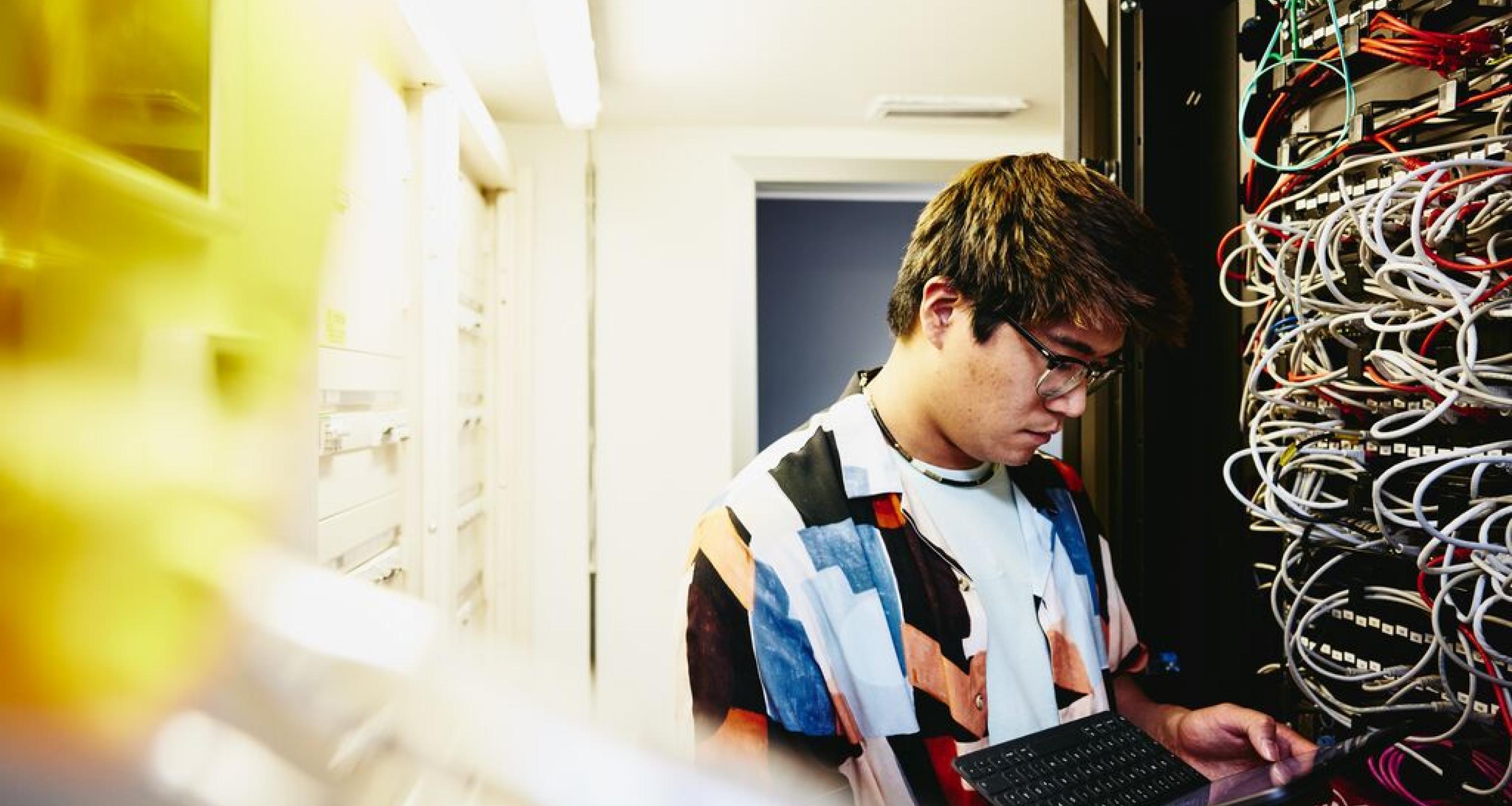so where are we headed?
Some think we’ll have classroom cyborgs within a few decades whilst others believe there’ll be a renaissance in the ‘chalkboard’ era of education.
To get closer to the truth, we’ve analysed the trends, collated the stats and listened to the experts to inform our four predictions on the teacher and industry of the future...
project-centric.
technology to engage students
Education will become more project-based over time and will involve more platforms and channels, with lessons incorporating video content and diagnostic quizzes, as examples. These are the platforms and styles that pupils are using, so teaching needs to keep up with this behaviour to keep them engaged.
smart learning.
classrooms augmented with tech
The Internet of Things refers to the increasing connection of devices to the internet and/or each other. A good example to explain the concept is the idea of the smart home, with connected devices that can “talk” to each other, like a fridge that communicates with a smart speaker to auto-order milk when you run out.
The classroom will become a smart learning space, where devices such as beacons and sensors can be used creatively within the teaching experience. Teachers will be able to oversee students’ work progress more easily thanks to better device visibility, and the “smart school”.
teachers harnessing tech.
Virtual technology will enable students to interact with teachers outside of school hours and virtual examiners will take the strain off teachers by marking some coursework and tasks. Live chat support will also mean students can get the help they need in real time.
human-first.
automation aid
With so much pressure on teachers, automation will become crucial for helping to alleviate time spent on manual processes.
As more tools such as Moodle (which helps collate coursework easily) come into play, teachers will be able to spend more time engaging with students, providing pastoral care and getting creative with their teaching style - all things that are fundamentally human-first.
improving stats.
Nearly 22,000 more women worked as science and engineering technicians in 2017 than in 2016.
And the UK Space Agency is investing over £1.5 million into education and outreach to gain interest around space mission and STEM subjects for children.
teach STEM.
STEM is going to become a more and more important and sought-after job industry as perception continues to shift and technologies evolve. So it’s never been a better time to teach in these areas.
submit your cv today







